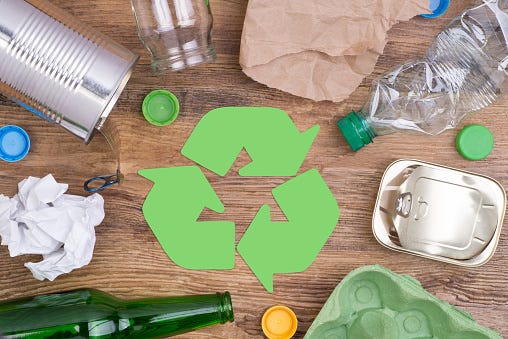Plastic recycling has an important role in reducing enviromentally friendly toxins and conserving sources. Nonetheless, making certain efficient plastic recycling calls for understanding and participation from people and communities. Here are some tips for maximizing the effect of recycle plastics endeavours:
1. Know What’s Recyclable: Comprehending which plastics are recyclable in your neighborhood is step one towards successful recycling. Familiarize yourself with community recycling guidelines and resin id requirements to identify recyclable plastics correctly. Typically reprocessed plastics incorporate Family pet (normal water containers), HDPE (dairy jugs), and PP (food boxes).
2. Clean and Put together Plastics: Well before recycling, always rinse plastic boxes to eliminate any left over food items or liquids. Clean plastics decrease pollution and improve the standard of re-cycled components. Remove hats and tags, as they might be made out of diverse plastics or non-recyclable resources.
3. Avoid Toxic contamination: Toxic contamination can be a significant obstacle in plastic recycling. Will not blend recyclable plastics with non-recyclable items or materials that can’t be reused with each other. Keep recycling bins totally free of foods spend, liquids, and unsafe resources to keep up the sincerity of gathered plastics.
4. Decrease Plastic Usage: Lessening plastic usage is as crucial as recycling. Choose products with small product packaging or go for reusable alternate options like towel hand bags and stainless normal water bottles. Lowering plastic waste in the supply lessens the burden on recycling techniques and all-natural ecosystems.
5. Assistance Recycling Programs: Assistance local recycling programs and projects by engaging in selection activities or advocating for increased recycling facilities. Promote businesses and companies to make use of recycled plastics with their goods, fostering demand for lasting supplies.
6. Teach Other people: Spread recognition about the significance of plastic recycling and correct squander managing techniques. Reveal details about recycling guidelines, the environment impact of plastics, and some great benefits of recycling with close friends, family, and community participants.
7. Continue to be Informed: Stay up to date on advancements in plastic recycling technology and projects. Study eco friendly alternatives to standard plastics, such as bio-degradable plastics or compostable materials. Stay well informed about coverage adjustments and improvements from the recycling business to assist knowledgeable choice-generating.
By following these tips, people can bring about more efficient recycle plastics endeavours and aid mitigate the environment impact of plastic squander. Collectively, we could work on a cleaner, environmentally friendly long term by endorsing responsible consumption and squander management practices.
